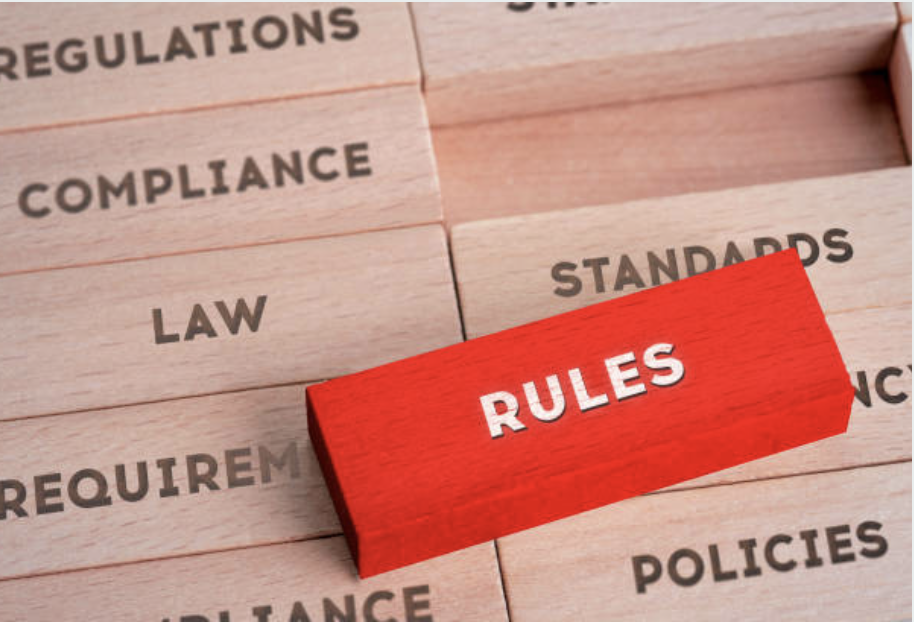How to Follow the Job Rules in Europe + 10 Advices
Post Author: CVforU.eu

Table of Contents
01 Introduction
02 Understand the Basics of Regulated Professions
03 Get Your Qualifications Recognized
04 Improve Your Language Skills
05 Showcasing educational background and certifications
06 Understand Work Permits and Visas
07 Look into European CV Standards
08 Real-Life Example
09 In Conclusion: Taking the First Step
Introduction
Are you dreaming of starting your career journey in Europe but feeling a bit lost about where to begin? Don’t worry, you’re not alone. Europe is known for its diverse culture, languages, and, yes, its job rules. But navigating these rules doesn’t have to be a headache. This simple guide is perfect for anyone starting their career and looking to navigate Europe’s job landscape. Let’s break it down into easy steps and get you on your way to landing your dream job in Europe.
Enhance your career opportunities with our easy-to-use CV Builder.
1. Understand the Basics of Regulated Professions
First off, some jobs in Europe are “regulated,” meaning you need specific qualifications or certifications to work in them. Examples include healthcare jobs like doctors and nurses, legal jobs like lawyers, and others like architects and teachers.
💡Key Tips
Check if Your Profession is Regulated: Not all jobs have the same rules. Start by finding out if your dream job is regulated in the country you’re aiming for.
Know the Requirements: Each country has its own set of rules. Some might ask for additional exams, while others might need you to register with a professional body.
2. Get Your Qualifications Recognized
If you’re looking at a regulated job, you’ll likely need to have your qualifications recognized by the local authorities.
⬇️How to Do It
Contact the National Information Center: Each European country has one, and they can guide you on how to get your qualifications recognized.
Prepare Your Documents: Usually, you’ll need your diploma, a CV, and sometimes, proof of your work experience. Always check if you need them translated. Use CVforU.eu’s CV Builder to ensure your CV meets EU standards and check if you need translations, all conveniently available through our platform.
3. Improve Your Language Skills
Speaking the local language can be a big plus, even if it’s not officially required. It shows employers you’re serious about living and working in their country.
🏆Quick Wins
Language Courses: Consider taking a course in the language of the country you’re interested in.
Language Exchange: Find language exchange partners online to practice speaking.
4. Understand Work Permits and Visas
Non-EU citizens will usually need a work permit or visa to work in Europe. This can depend a lot on your home country and where you want to work.
🔢 Steps to Take
Check Visa Requirements: Look at the official government website of the country you want to move to.
Apply Early: Visa processes can take time, so get started early to avoid any last-minute rush.
5. Look into European CV Standards
European countries often prefer a specific style of CV, sometimes different from what you’re used to.
🧠 Remember
Keep It Professional: European CVs are straightforward and professional. Include your education, work experience, skills, and languages.
Create your CV by using our CV Builder, which ensures your resume is professional and aligns with European standards.
Real-Life Example:
Maria from Argentina was a recent nursing graduate looking to work in Spain. She discovered that nursing was a regulated profession in Spain, so she contacted the Spanish National Information Center to learn about getting her degree recognized. Maria took a Spanish language course to improve her skills and prepared her documents for the recognition process. After getting her qualifications recognized, she applied for a work visa, updated her CV to the European format, and started applying for jobs. Maria is now working in a hospital in Madrid, living her European dream.
Taking the First Step⤵️
Navigating job rules in Europe might seem like a lot at first, but by breaking it down into manageable steps, you can definitely make your European work dream a reality.
Remember, it’s all about preparation, understanding the local requirements, and being proactive in your job search. Europe is waiting for you. Good luck!
Take a first step and check how to create a CV on our platform.
You may also like…
No Results Found
The page you requested could not be found. Try refining your search, or use the navigation above to locate the post.